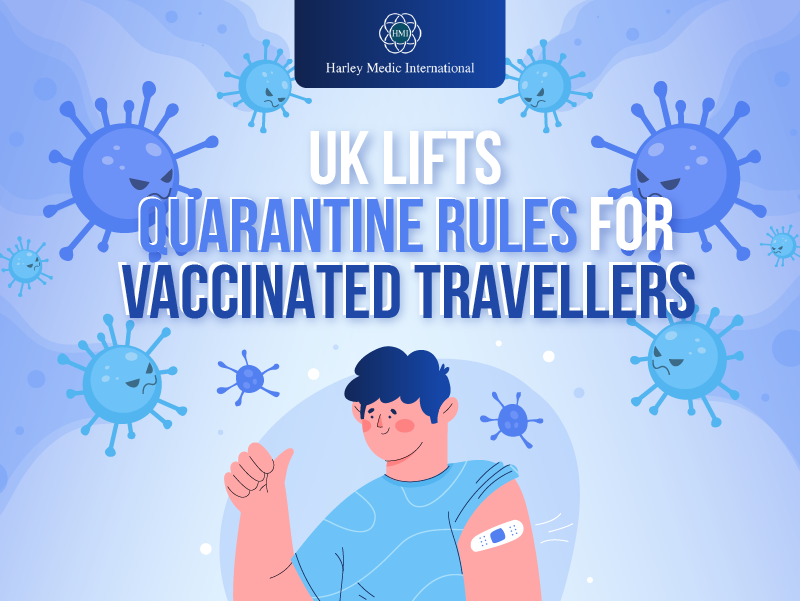Stringent efforts to expedite COVID-19 vaccination globally are crucial for the resumption of normal operations and economic recovery. Various sectors, including the international travel industry, need to ensure safety among individuals while keeping activities going.
Receiving complete COVID-19 vaccine doses gives people plenty of advantages. Many establishments have started requiring customers to present proof of their full vaccination before they can enter. Some workplaces have also urged their employees to complete their doses before returning to work on-site.
Furthermore, different governments have begun to ease restrictions among fully vaccinated individuals. For example, the UK government no longer mandates completely vaccinated travellers to perform self-quarantine. A person is considered fully vaccinated after 14 days from the time they receive the final dose. However, they are still required to provide a fit to fly COVID test to ensure they are at low risk of spreading the virus.
The most common COVID-19 test accepted is the RT-PCR test, but plenty of places also allow a rapid antigen test for travel. Ideally, travellers should verify with their airlines the type of test needed by the country of destination. Once they confirm the requirements, the individual can then schedule their rapid antigen test or RT-PCR test in trusted clinics. For more information on the changes imposed by the UK government for vaccinated travellers, see this infographic from Harley Medic International.
